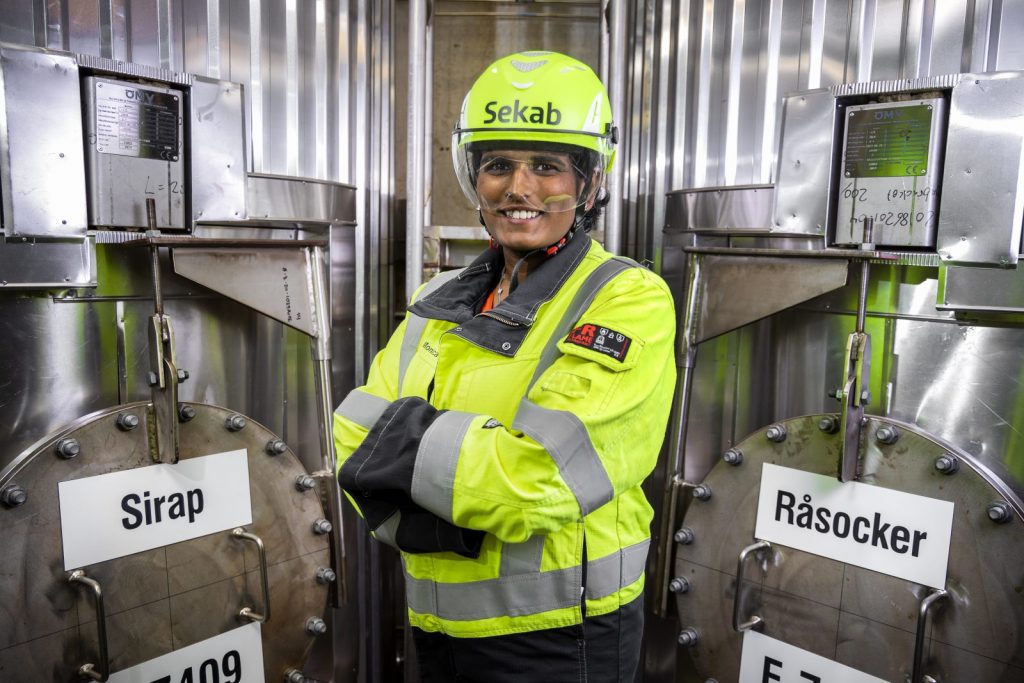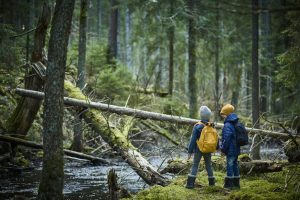 There are days that are milestones. When you are a parent, it happens all the time – from the first small steps to graduation from school. As an athlete, it can be one’s first victory, one’s first goal or breaking one’s own record. As a researcher, it is when something you have worked on, on paper, is ready to be applied, in reality.
There are days that are milestones. When you are a parent, it happens all the time – from the first small steps to graduation from school. As an athlete, it can be one’s first victory, one’s first goal or breaking one’s own record. As a researcher, it is when something you have worked on, on paper, is ready to be applied, in reality.
Yesterday was such a day for us here at Sekab. Since the beginning of the 2000s, we have been working here in the lab in Domsjö with technology that we now call CelluAPP. It began with the insight that it should be possible to take advantage of the residual products that are derived from within the forest industry and from them make green chemicals and biofuels. Through dedicated work, expert knowledge and a genuine desire to get results, the idea became an accomplished technology, which is now ready to leave home. Or at least from the demonstration plant to a large-scale production plant.
CelluAPP’s idea is simple: you take some form of biomass, for example residual products from the forest, and process them into raw materials such as wood sugar, ethanol and lignin. These can in turn be used to create sustainable chemical products, hygiene products, biofuels and medicines.
What sounds simple is of course enormously complex. We have a team of experts with the fields of chemistry, biochemistry, analytical chemistry and in-depth expertise in wood biochemistry as well as process engineers who will integrate and scale up the technology in the best possible way. We have a good mix of skills that can allow us to move from lab scale to commercial scale, which is a significant strength.
We believe that this technology is part of the solution to the climate challenge. We have started a collaboration with Indian Praj, who sees great potential in taking this technology to a global market. But we also see that the conditions for a facility in Sweden are favourable – not least on account of our availability of residual products from the forest. We therefore want to carry out a feasibility study to investigate the possibilities of building a production facility here.
It is with anticipation and excitement that we are pushing the boat out with respect to our technology. We are, of course, looking at a major upscaling. Whilst the volume in our demonstration plant has been 2 tonnes of dry matter biomass per day, the plan is to now be able to take in and process 800 tonnes of dry biomass per day.
The climate challenge is great, but technology optimism is part of the solution. We at Sekab have the possibility to take the lead and it is with pride that we take on the task of utilising more of the potential of the forest.
Monica Normark
CTO
